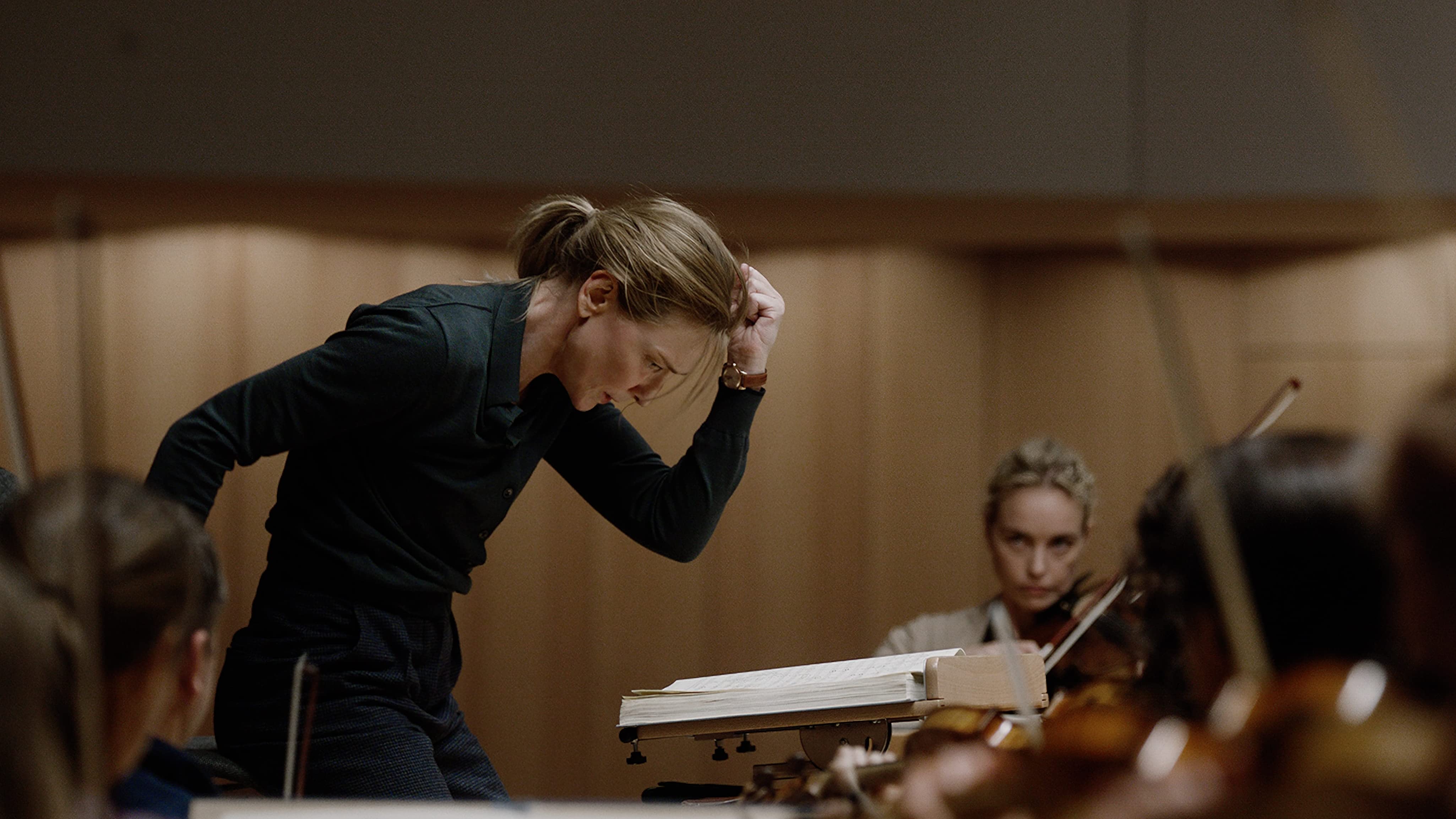Auditors: Baltimore Symphony may be ‘unable to continue as a going concern’
mainThe BSO has just released this report from its auditors. Needless to say, neither board of management nor chief executive take any responsibility for this appalling state of affairs.
It is not clear from the statement if the board are crying wolf in order to bully the locked-out musicians to accept a reduced contract.
Here’s the miserable document, hot off the press:
Baltimore Symphony Orchestra Audit Opinion Expresses Substantial Uncertainty Regarding the BSO’s Ability to Continue as a Going Concern
Audit Opinion Reemphasizes Financial Issues, Urgent Need to Reach New Contract Agreement
Baltimore, MD – Monday, July 15, 2019 – The Baltimore Symphony Orchestra Inc. (BSO) today announced that the audit report on the BSO’s financial statements for the year ended August 31, 2018 notes that there is substantial uncertainty about the BSO’s ability to continue as a going concern. The audit opinion clearly confirms that the financial issues the BSO is facing are serious and serves as a stark reminder as to why the BSO management and board are doing everything possible to encourage productive contract negotiations with the musicians.
Guidelines from the Financial Accounting Standards Board require management and auditors to assess an organization’s ability to continue operating for a one-year period after the financial statements are issued, with the evaluation based on applicable conditions and events that are “known and reasonably knowable” at the date of issuance of the financial statements. Although the auditor’s report states that the financial statements have been accurately prepared in accordance with generally accepted accounting principles, the report highlights the substantial uncertainty regarding the BSO’s ability to continue as a going concern based in part upon concerns that the BSO will be unable to meet its contributed revenue and earned revenue forecasts while efforts continue to reach agreement on a new collective bargaining agreement.
“The audit opinion underscores the continued urgency that we reach an agreement with our musicians as soon as possible. Unfortunately, there has been no meaningful counterproposal from our musicians that addresses the financial issues our organization is facing,” said BSO President and CEO Peter Kjome. “This announcement makes it more clear than ever that we must ensure a sustainable business model that helps control costs while expanding revenues. It is vital that we move forward together toward a stable future. This will help support efforts such as enriching our community by reaching more diverse audiences and forging more meaningful connections to our communities in Baltimore, in Montgomery County and across the state.”
The BSO and Musicians’ Association of Metropolitan Baltimore, Local 40-543 will meet for a collective bargaining session on July 17, 2019 together with Federal Mediators from the Federal Mediation and Conciliation Service. At this point, the BSO awaits a response to management’s request for future bargaining dates beyond the week of July 15.
The collective bargaining proposal by the BSO in October 2018 includes a reduction from 9 weeks to 4 weeks of paid vacation for musicians while upholding a comprehensive 52-week benefits schedule for the orchestra. The proposed changes would have minimal impact on audiences due to the fact that reductions are primarily in the summer weeks when the Baltimore Symphony traditionally presents few performances.
The BSO’s audited financial statements show that the financial results for FY18 have improved versus the prior three years. While going concern uncertainty is not necessarily an indication of the future of an organization, when uncertainty about an organization’s ability to continue as a going concern exists, this must be disclosed in the financial statements. The audit report reinforces the critical importance of the work underway to move the BSO to a sustainable business model and ensure that the community continues to be home to an exceptional orchestra for years to come.







Comments